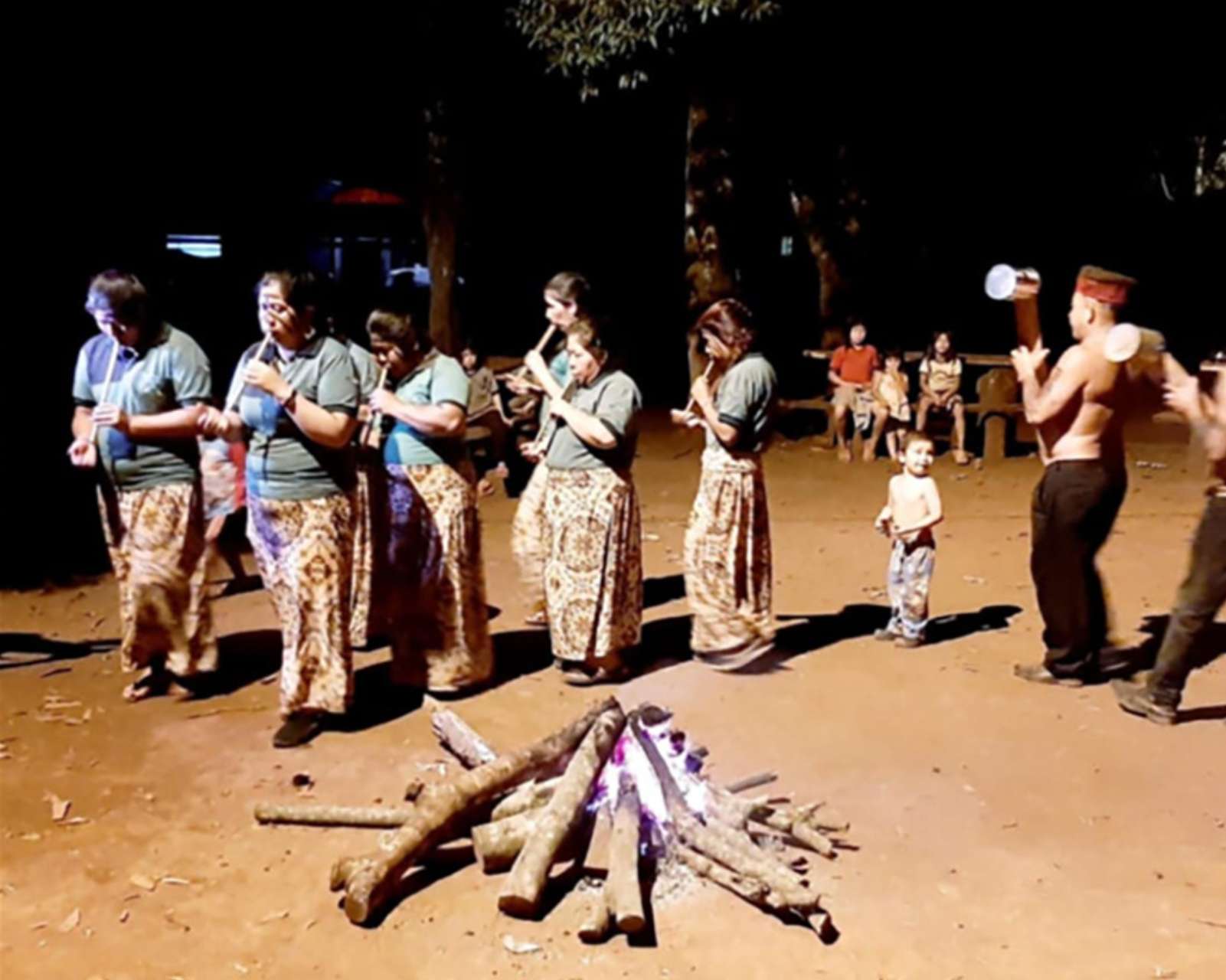

A new study suggests that dance and lullabies may not be part of all human cultures, challenging the widely held belief that these behaviors are universal.
Researchers from the University of California, Davis, and Arizona State University spent decades studying the Northern Aché, an Indigenous group in Paraguay. Their findings, based on over 40 years of fieldwork, reveal that this community does not include infant-directed songs or social dancing in its traditions.
Anthropologist Kim Hill, a professor at Arizona State University, lived with the Northern Aché for more than 10 years between 1977 and 2020. During this time, he closely observed their daily life, including how they used music.
Hill reported that singing was rare, and people sang alone rather than in groups. Men sang more often than women, usually about hunting or social matters. Women mostly sang about loved ones who had passed away. Children sometimes mimicked adult songs, but group singing or lullabies were not observed.
“Aside from church singing introduced by missionaries, Northern Aché adults sing alone and in a limited number of contexts,” said Manvir Singh, an anthropologist at UC Davis and lead author of the study.
The research, published April 29 in Current Biology, supports the idea that dance and infant-directed singing are learned behaviors, not automatic ones. Singh explained that these practices depend on cultural transmission – being taught and passed down – rather than emerging on their own.
Smiling is natural, Singh explained. But dancing and singing seem to be more like fire-making skills that must be taught.
Singh had previously believed, based on his research, that music and dance were found in every human society. That view changed when Hill contacted him with surprising findings. The two later co-authored the study.
Researchers suggest the Northern Aché may have lost these cultural behaviors due to major changes in their history. One possible cause was a sharp population decline, which may have led to the loss of music, farming, fire-making, and spiritual rituals.
Later, when the community was moved to reservations, other traditions, such as puberty ceremonies and hunting magic, also disappeared.
While missionaries may have introduced new practices after 2020, the researchers say dance and lullabies were not part of the culture during the period studied.
“This doesn’t refute the possibility that humans have genetically evolved adaptations for dancing and responding to lullabies,” Singh said.
“It does mean, however, that cultural transmission matters much more for maintaining those behaviors than many researchers, including myself, have suspected.”
The study adds new insight into how culture, not just biology, shapes the way people express emotion, care for children, and connect with others.
